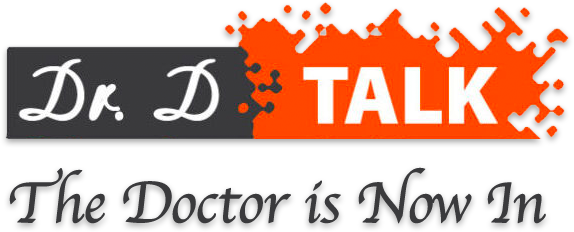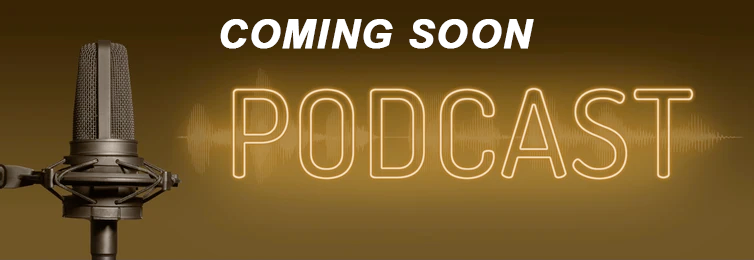
What’s the Best Treatment for ADHD?
Attention Deficit Hyperactivity Disorder (ADHD) affects millions of children and adults worldwide. This neurodevelopmental condition can manifest as difficulty focusing, impulsivity, and hyperactivity, often impacting daily life, work, and relationships. But with the right treatment plan, individuals with ADHD can manage symptoms effectively and thrive. Let’s explore the best approaches to treating ADHD.
1. Medication
Medication is often the first line of treatment for ADHD and can be highly effective. Stimulants like methylphenidate (e.g., Ritalin) and amphetamines (e.g., Adderall) are commonly prescribed. These medications work by increasing levels of certain neurotransmitters in the brain, helping to improve focus and impulse control.
For those who cannot tolerate stimulants or prefer alternatives, non-stimulant medications like atomoxetine (Strattera) or certain antidepressants may be prescribed. The right medication depends on the individual’s age, health history, and specific symptoms, so it’s crucial to work closely with a healthcare provider.
2. Behavioral Therapy
Behavioral therapy is an essential part of managing ADHD, especially for children. This form of therapy focuses on teaching strategies to manage symptoms, build positive habits, and improve organization and time management. For parents, training programs can provide tools to support their child’s progress at home and school.
Adults with ADHD can also benefit from cognitive-behavioral therapy (CBT). CBT helps individuals recognize patterns of negative thinking and develop skills to cope with challenges such as procrastination, distractibility, and impulsivity.
3. Lifestyle Changes
Simple lifestyle adjustments can make a significant difference in managing ADHD symptoms:
- Exercise: Regular physical activity boosts dopamine and norepinephrine levels, which play a role in focus and attention.
- Nutrition: A balanced diet with adequate protein, omega-3 fatty acids, and essential vitamins supports brain health.
- Sleep: Prioritizing quality sleep helps regulate mood and attention.
- Time Management: Tools like planners, apps, and alarms can aid in staying organized.
4. Educational Support and Accommodations
For children and adults with ADHD, academic or workplace accommodations can provide a supportive environment. Examples include extra time on tests, quieter workspaces, or breaking tasks into smaller, manageable steps.
5. Mindfulness and Meditation
Practices like mindfulness meditation can improve attention and reduce impulsivity. Studies have shown that mindfulness-based interventions can help individuals with ADHD develop better self-regulation skills.
6. Support Groups and Coaching
Connecting with others who understand ADHD can provide emotional support and practical advice. ADHD coaching focuses on goal-setting, accountability, and personalized strategies to manage symptoms.
Finding the Best Combination
There’s no one-size-fits-all treatment for ADHD. Often, the most effective approach involves a combination of medication, therapy, lifestyle changes, and support. Consulting with a qualified healthcare professional is the first step in creating a tailored plan.
With the right treatment and resources, individuals with ADHD can harness their strengths and lead fulfilling lives.

